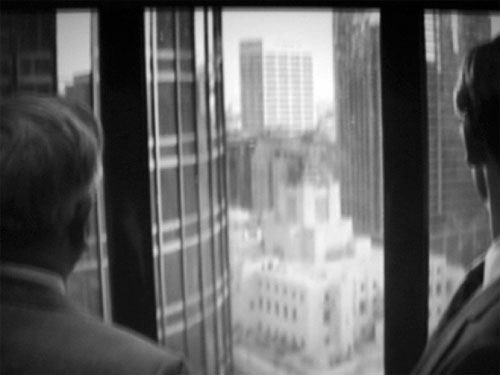Spectacle and its Fragmentation

Spectacle and its Fragmentation
Conference Paper
‘Ubiquitous Media’, University of Tokyo, Japan
2007
Paper:
With recent developments in experiential placemaking, retail architecture and urban regeneration our experience of the mediated image has been extended into social space. Moving between these highly constructed environments we are made aware that mediated space is fragmented, partial and unstable; that fictional realities produce experience; and that claims to the natural, authentic and the real are the product of myth and fabrication.
In this paper I will consider how Guy Debord’s famous formulation of the spectacle continues to underpin the way new spatialities are theorised. Here the relationship between social space and the ‘mediated image’ is always understood as being tied to and defined by a unified and overarching ideological construct. In contrast to this post-Marxian formulation I will argue that mediated space can be thought of as a site of difference, criticality and change. Instead of the Platonic opposition between truth and appearance - where our experience of images can only lead to ‘false consciousness’ - I will be asking if the ubiquity of the mediated image provides a context for understanding the experiential effects of social space as a differentiated and generative field of relations.
Panel:
A familiar theorisation of media-culture is that it is constituted by fragments, that its images are differentiated and temporal: that documentaries don’t tell the whole truth and cameras are not the key to a ‘real’ Taking this pluralism as its starting point, this panel examines how media images produce and generate truth within the context of this ‘episodic field’.
This question of truth, or an ‘absolute reality’ is also significant to comprehensions of art, especially in view of the hypothesis that art has privileged access to it as an ethical paradigm. On the contrary, this panel takes up this discussion with the awareness that lens based art and media culture can be seen to share the same experiential field, using and producing a media-culture that both reflects upon and widens a field of production.
In taking this commonality as our starting point this panel concentrates on the forces of both pleasure and persuasion in lens-based media focusing on the experiential affect of mediated images. Here we discuss their power to contribute to a wide production of fictions and their consequent mutation into and reception as fact.